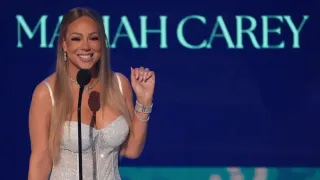August 12, 2014
Uganda President Not Keen on Rushing Anti-Gay Law
Bobby McGuire READ TIME: 1 MIN.
KAMPALA, Uganda -- A lawmaker with Uganda's ruling party says President Yoweri Museveni is urging parliamentarians not to rush to reintroduce a controversial anti-gay law that was invalidated earlier this month.
Medard Bitekyerezo, who supports the legislation, said Tuesday that Museveni asked them "not to cause chaos" by quickly reintroducing the bill.
He said Museveni formed a committee, to be chaired by the vice president, to look into the concerns of rights activists and report to him in a month.
The government-controlled New Vision newspaper reported Tuesday that Museveni warned lawmakers that the bill could hurt the country's economic development. The U.S. and some European countries cut or redirected tens of millions of dollars in funding to Uganda's government over the anti-gay measure.
It was invalidated by a Ugandan court over procedural flaws.






